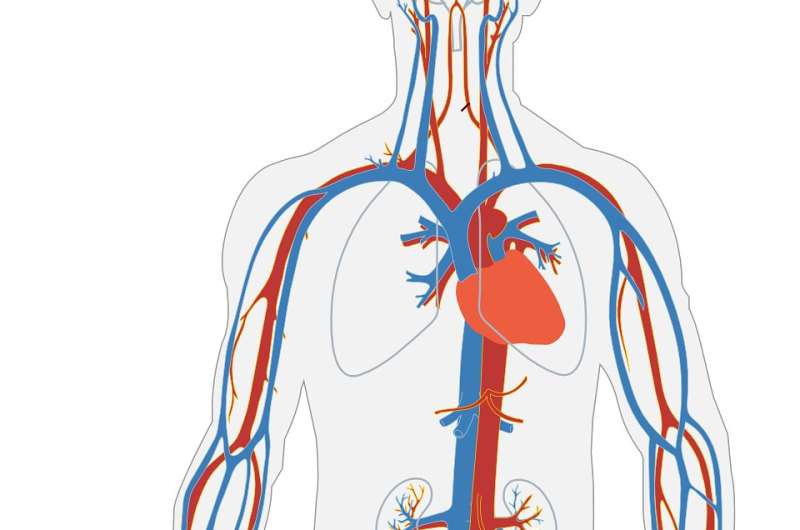Novel Use of Virtual Escape Rooms Enhances Anatomy Education for Medical Students

Discover how virtual escape rooms are revolutionizing anatomy education for medical students by promoting engagement, critical thinking, and collaborative learning through innovative gamification techniques.
Virtual escape rooms have emerged as innovative tools in medical education, combining gaming elements with learning to foster engagement and deeper understanding of anatomy concepts. A recent case study published in Advances in Physiology Education highlights how these interactive experiences provide medical students with a stimulating alternative to traditional learning methods.
These escape rooms challenge participants to solve puzzles, riddles, and interpret complex images within a set time, encouraging critical thinking and active participation. Two institutions showcased different approaches: Queen's University Belfast used in-person, touchscreen-based games where student groups deciphered codes related to radiological and pathological images to progress through cases. Meanwhile, Edward Via College of Osteopathic Medicine conducted remote, Zoom-based escape rooms, where individual students answered questions and identified anatomical structures via images marked with lettered pins.
Feedback from participants across both setups was overwhelmingly positive, with students praising the creative and engaging nature of the puzzles. Although in-person formats have their advantages, remote escape rooms offer increased flexibility and scalability, making them suitable for larger cohorts.
These activities not only bolster anatomical knowledge but also boost confidence, interpersonal skills, and motivation, representing an effective gamification strategy in medical education. The study emphasizes that educators can tailor escape room designs—linear or nonlinear, individual or team-based—based on specific learning objectives, such as understanding concept linkages or identifying knowledge gaps.
Overall, virtual escape rooms serve as a promising pedagogical tool, transforming traditional anatomy lessons into immersive, interactive experiences that enhance student learning and retention.
Stay Updated with Mia's Feed
Get the latest health & wellness insights delivered straight to your inbox.
Related Articles
New Insights: Blood Vessel Weakness May Cause Muscle Loss in Cancer Survivors
Emerging research suggests that weakening blood vessels in muscles contribute to muscle loss in cancer survivors. Restoring vascular health may offer new hope for preventing cachexia and improving quality of life. Source: https://medicalxpress.com/news/2025-07-muscle-weakness-cancer-survivors-treatable.html
Prediabetes Poses Greater Risk for Younger Adults Aged 20–54, New Research Shows
New research reveals that prediabetes is more life-threatening for adults aged 20–54, highlighting the need for early screening and targeted prevention strategies to reduce mortality risk in younger populations.
Hormonal Fluctuations Influence Brain Structure and Memory Function in Mammals
New research shows that hormone cycles influence brain structure and memory, revealing a dynamic link between endocrine rhythms and cognitive function in mammals.



